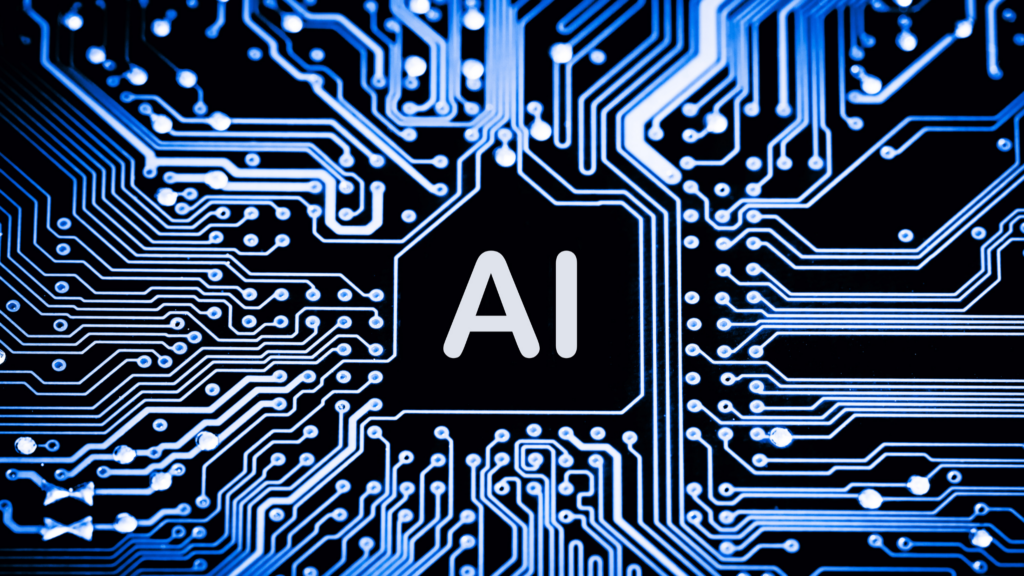Artificial intelligence (AI) has rapidly advanced over the last decade to a point where it can now outperform humans at tasks such as reading comprehension and image recognition.
- Cybersecurity Blog
What is SOC Compliance & Other FAQs
-
By Zaviant

If there is one thing that matters to anyone engaging with an organization it is not having to worry about how it conducts business.
With data handling procedures and security now in the limelight more than ever, partners, investors, and clients are extremely interested in an organization’s behind-the-scenes activities with the information it manages.
Rooted in strict criteria and deep analysis, SOC compliance addresses the concerns about your organization and its internal controls for data security.
What is SOC compliance? It is a verifiable vote of confidence in your organization and its data management processes.
The FAQs of SOC Compliance
As another set of standards that are becoming increasingly important for organizations of all types and those they work with, understanding SOC compliance may seem like an exercise in deciphering similar acronyms.
Let’s dig into the most common SOC compliance FAQs:
What is SOC Compliance?
Short for “service organization control,” SOC is a set of report standards developed by the American Institute of Certified Public Accountants for an organization’s internal controls for handling client or private data.
SOC compliance is rooted in five trust principles:
- Security
- Availability
- Confidentiality
- Processing integrity
- Privacy
Not just anyone can complete a SOC audit and prepare the accompanying report — both must be completed by an independent CPA to ensure an unbiased & credible review.
What is SOC 1 Compliance?
At its core, SOC 1 compliance is an attestation that an organization has the frameworks in place that ensure accurate financial reporting.
SOC 1 focuses on an organization’s internal controls that impact its financial reporting. A SOC 1 report shouldn’t be confused with a financial audit, as it does not evaluate an organization’s finances, but rather how it handles reporting its money handling. In addition, a SOC 1 evaluation looks at how an organization handles its data privacy.
What is SOC 2 Compliance?
SOC 2 compliance represents an evaluation of an organization’s internal controls for how it handles and safeguards data. While there is no official SOC 2 compliance checklist, during a SOC 2 audit, a CPA will examine an organization’s data handling and security procedures against the five trust principles of SOC compliance.
There are two kinds of SOC 2 Compliance reports: SOC 2 Type 1 and SOC 2 Type 2.
How are they different?
SOC 2 Type 1 reports look at an organization’s data security systems and the sustainability of their design. SOC 2 Type 2 reports look at the efficacy of data security controls for at least 6 months.
What is the Difference Between SOC 1 and SOC 2 Compliance?
In short, purpose and what’s being evaluated within an organization.
What is SOC 3 Compliance?
SOC 3 is closely related to SOC 2. The key difference is SOC 3 does not take as deep a dive into an organization’s internal controls as SOC 2. Instead, it cites an organization for meeting any of the five trust principles.
While SOC 3 reports don’t provide as much information, they are a way for an interested party to make a quick evaluation of an organization and its data privacy securities. SOC 3 is also a mechanism for organizations to provide insights into their internal controls without going into detail.
What is SOC for Cybersecurity?
A newer SOC compliance, SOC for Cybersecurity represents a response to market conditions and the prevalence of conducting business digitally.
SOC for Cybersecurity focuses strictly on an organization’s cyber defense frameworks and their effectiveness. In other words, a SOC for Cybersecurity report is a gauge of an organization’s cyber risk management programs.
Is My Organization Required to Meet SOC Compliances?
Legally speaking, no. However, SOC compliance requirements may come from other sources, such as a potential partner, a client, or another organization purchasing yours. Before engaging with your organization, an outside entity may want to look at your SOC compliances as part of their due diligence. With SOC compliances, there is little worry about your internal controls by anyone looking to work with you.
In addition, many of the components for being considered SOC compliance align with the parameters of other required data privacy and cybersecurity regulations.
Does My Organization Need to Have All Four Types of SOC Audits to be Considered Compliant?
No. However again, a potential partner or client may want to see that your organization is meeting more than one — or all — of the SOC compliances before starting a formal relationship.
While completing SOC audits is a time-consuming process, not being able to prove your organization meets SOC standards may be a red flag and ultimately cost you.
How Does My Organization Meet or Maintain SOC Compliances?
Both before and after a SOC audit of any type, an organization should identify both security gaps and security standards that will help them improve. With that information, an organization should assemble a team that oversees implementing and monitoring the necessary security controls.
What’s the Difference Between SOC and SOX Compliance?
Though they sound the same and perform similar functions, SOC and SOX compliances are distinctly different.
Like SOC 1, SOX looks at an organization and how it handles its financial reporting. The key differentiator is that unlike SOC, SOX compliance is legally required.
Enacted after several notable financial scandals toward the beginning of this century, SOX — short for Sarbanes Oxley — is a 2002 federal law governing record keeping and financial disclosures. It applies to publicly traded companies and requires an annual audit of their finances and reporting mechanisms. SOX is meant to protect shareholders and the public from deceptive or illegal financial practices.
SOC Compliance = Proof of Data Handling Best Practices
No one wants to be affiliated with an organization that might be a threat to theirs — especially when it comes to handling sensitive or private data.
Even if your organization has the strictest controls in the world, meeting SOC compliance standards provides the verifiable, unbiased proof that proper data management and security is one of your top priorities.
Need Help With SOC 2 Type 2 Compliance?
Our team is ready to get to work with your organization. Contact us today.
Share This Post
- Get The Latest In News & Insights
Explore solutions
Data Privacy, Security & Risk
Build or improve upon your data privacy policies and controls.
Platform Expertise
We tailors strategies to your unique risks and compliance needs, ensuring robust protection against cyber threats.
Regulatory Compliance & Frameworks
Zaviant's experts anticipate and mitigate cyber risks, safeguarding your data from diverse threats.







